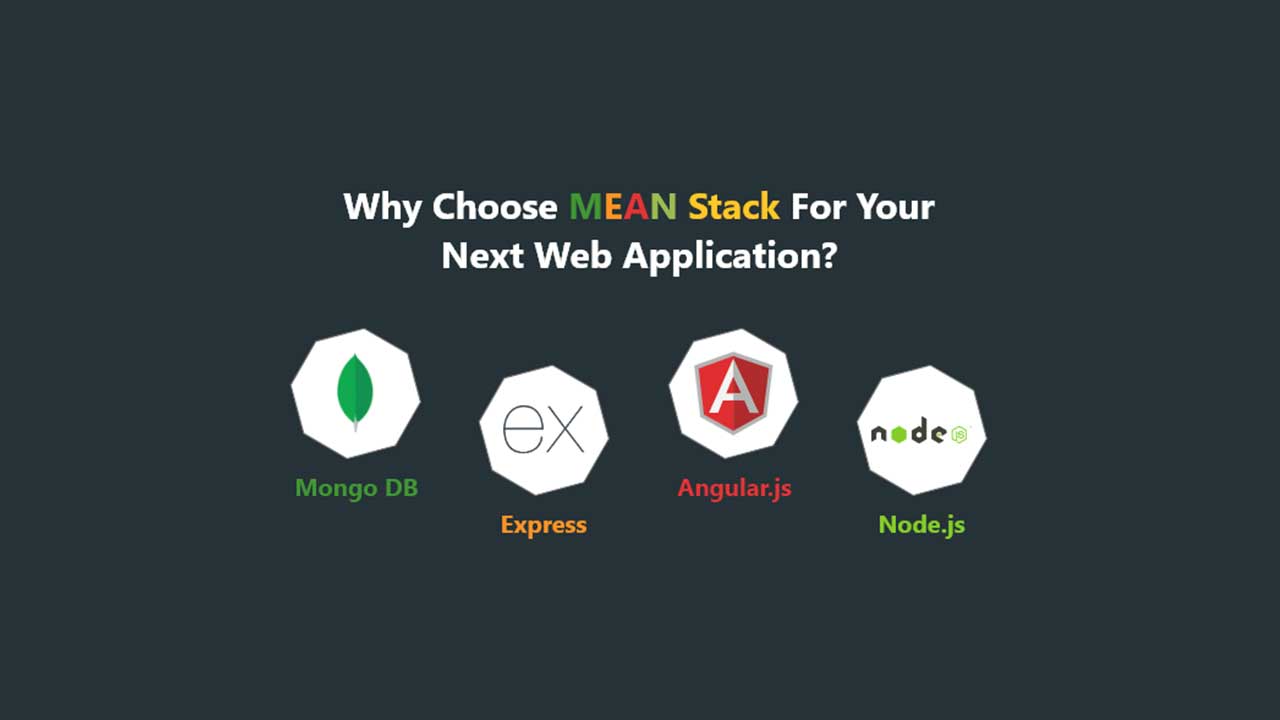Magento Extension Development and Integration: Enhance Your Website’s Functionality
In today’s competitive eCommerce landscape, having a flexible and feature-rich platform is crucial. Magento, with its robust features and scalability, has emerged as a leading choice for businesses worldwide. However, as your business grows, the out-of-the-box functionality of Magento may not be enough to meet all your specific needs. This is where Magento extension development and integration come into play. Custom extensions allow you to enhance your store’s capabilities, while seamless integration ensures smooth performance.
1. Introduction to Magento Extensions
Magento extensions are packages of code that add specific features or functionalities to your Magento store. Whether you want to improve user experience, streamline operations, or boost conversions, extensions are key to expanding Magento’s capabilities.
2. Benefits of Custom Magento Extension Development
Custom Magento extensions are tailored to your specific business needs. Some benefits include:
Personalized Functionality: Meet unique business requirements with customized features.
Competitive Advantage: Stand out with features not commonly found in competitor stores.
Scalability: As your business grows, custom extensions can be scaled and adapted accordingly.
Improved Efficiency: Streamline operations and automate tasks that are unique to your business.
3. Types of Magento Extensions
Magento extensions can be categorized into various types depending on the area they enhance:
Frontend Extensions: Improve user experience with better navigation, search functionality, and more.
Backend Extensions: Help manage orders, inventory, and customer data more efficiently.
Marketing Extensions: Boost sales with features like advanced promotions, email marketing, and loyalty programs.
Payment & Shipping Extensions: Simplify checkout and shipping processes with multiple payment gateways and shipping methods.
4. The Process of Custom Magento Extension Development
The development of a custom Magento extension involves several steps:
Requirement Analysis: Understanding your business needs and defining the scope of the extension.
Planning: Designing the architecture and functionality of the extension.
Development: Coding the extension using Magento’s development standards.
Testing: Ensuring the extension works as intended and is compatible with your Magento store.
Deployment: Installing and configuring the extension on your live store.
5. Seamless Integration of Existing Extensions
Integrating third-party extensions can be tricky, especially when dealing with conflicts or performance issues. Our expert developers ensure seamless integration by:
Conflict Resolution: Identifying and resolving conflicts between multiple extensions.
Performance Optimization: Ensuring the integrated extension does not negatively impact your store’s speed and performance.
Custom Tweaks: Making necessary adjustments to align the extension with your business goals.
Ongoing Support: Providing support and updates to maintain compatibility with Magento’s core updates.
6. Optimizing Website Performance with Extensions
While extensions add functionality, poorly implemented ones can slow down your website. Performance optimization is crucial, and it involves:
Code Quality: Writing clean, efficient code to ensure high performance.
Caching and Indexing: Leveraging Magento’s caching mechanisms to boost speed.
Database Optimization: Ensuring extensions do not create unnecessary database load.
Monitoring and Updates: Regularly updating extensions to maintain performance.
Conclusion
Magento extension development and integration are essential for enhancing the functionality and performance of your online store. Whether you need a custom-built extension or want to integrate existing ones, expert developers can ensure your store remains optimized, scalable, and feature-rich. Investing in tailored extensions and seamless integration will give you the competitive edge needed to thrive in the dynamic eCommerce environment.
FAQs
Q1. Why should I opt for custom Magento extensions instead of pre-built ones?
Custom extensions are designed to meet your specific business needs, offering tailored solutions that generic extensions cannot provide. They help you maintain uniqueness and better align with your business goals.
Q2. Can custom extensions affect my website’s performance?
If developed poorly, yes. However, with proper coding practices, performance optimization techniques, and regular updates, your website can run smoothly with custom extensions.
Q3. How long does it take to develop a custom Magento extension?
The development timeline varies depending on the complexity and scope of the extension.
Q4. Is it possible to integrate multiple extensions without conflicts?
Yes, with careful planning and expertise, multiple extensions can be integrated without conflicts. Expert developers can resolve any issues that may arise during the integration process.
Q5. How do I ensure that third-party extensions do not cause problems on my site
Thorough testing, conflict resolution, and performance monitoring are key. Always rely on experienced developers to handle the integration of third-party extensions.









